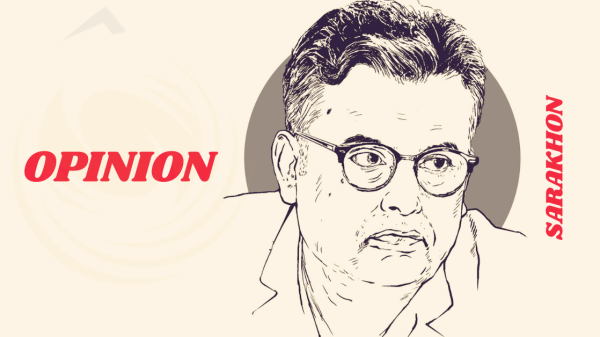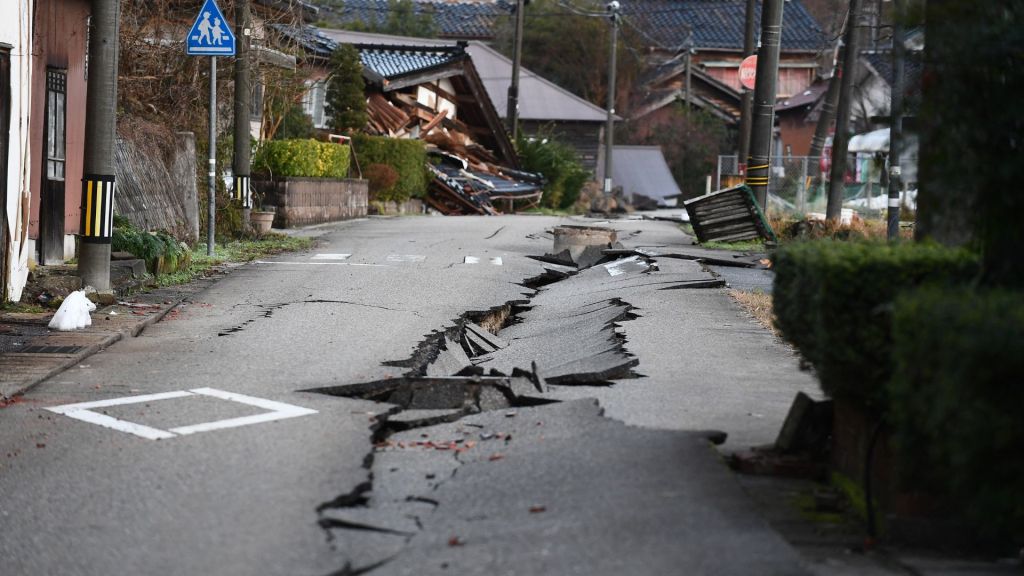Vox: Trump deregulation push adds cost to climate fight

Rollbacks and fuel rules collide
President Trump’s second-term drive to roll back efficiency and clean-energy standards is beginning to show up in consumer costs, with analysts warning that looser rules on vehicles, appliances and power plants will lock in higher fuel use for years. The administration has sold the agenda as a way to make gasoline, cars and household devices simpler and cheaper, but climate and energy experts say the lifetime math runs the other way once fuel and maintenance are included. When automakers are no longer pushed to improve mileage, drivers buy more fuel; when utilities are not nudged toward renewables, power bills stay tied to volatile fossil-fuel prices. With COP30 days away, the U.S. shift risks sending a message that one of the world’s biggest emitters is stepping back from efficiency just when others are being asked to do more.
Global climate context
Brazil’s “COP of Truth” summit will push major economies to prove they can still bend emissions downward while voters demand relief from inflation and energy shocks. Allies say they understand U.S. domestic politics but fear that if Washington weakens standards, other capitals will follow, making the Paris targets harder to hit. Energy economists point out that efficiency rules are among the cheapest climate tools available—far cheaper than rebuilding after extreme weather or subsidizing carbon capture. Business groups, meanwhile, worry about a widening regulatory patchwork: looser rules federally but tougher ones in California and New York, forcing companies to plan for two different compliance tracks, which is itself an added cost.






















